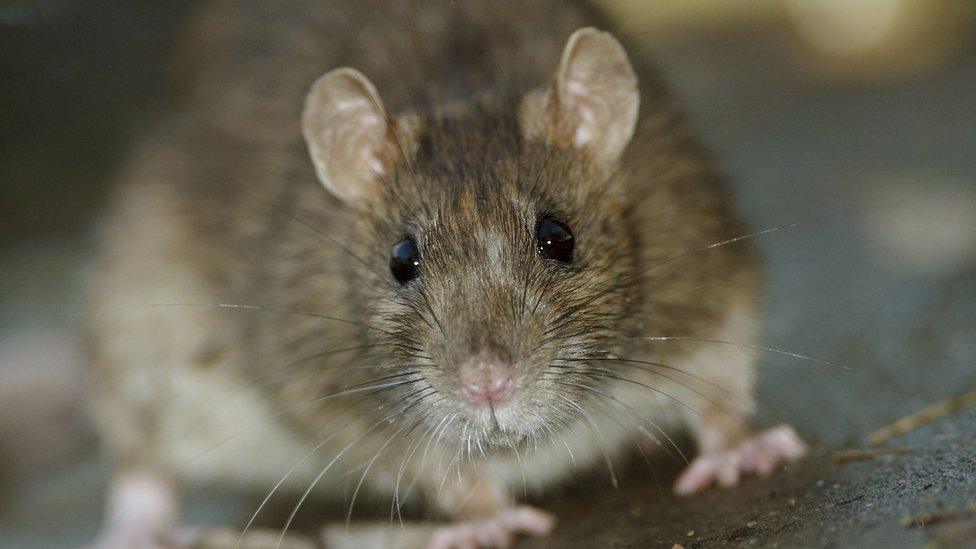Five things in Oxfordshire
- Published
Here are five stories from Oxfordshire which have been attracting attention this week.
1) Oxford Dodo 'was shot in the head'
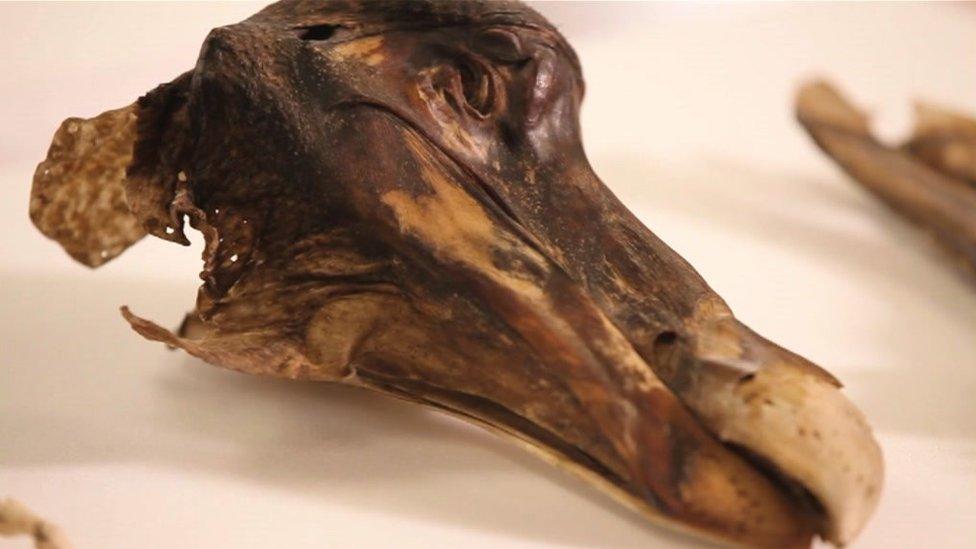
The remains of the bird were taken to the University of Warwick for analysis
The Oxford Dodo - the world's most famous example of the extinct bird - was shot in the head, research has found.
Historians believed the flightless creature had been kept alive in a 17th Century London townhouse.
But recent forensic analysis of its skull found lead shot pellets, which were typically used to hunt wildfowl.
Scientists hope to test the fragments to establish where the bird met its end.
2) Hottest April day for decades

Hinksey Outdoor Pool near Oxford saw a surge of customers on Thursday
Temperatures reached 26°C in parts of Oxfordshire on Thursday as the UK enjoyed the warmest April day for 70 years.
Many took the opportunity to enjoy the day in the county's parks and countryside.
Hinksey Outdoor Pool brought in extra staff to cope with the surge in customers.
It normally receives about 50 visitors each day in April but on Thursday about 700 turned up for a swim.
3) Oxford composer writes Katie Hopkins musical

Genesis Lynea (left) and Bethzienna Williams in rehearsals for The Assassination of Katie Hopkins at Theatr Clwyd
A composer from Oxford has been working on music for a controversial production called The Assassination of Katie Hopkins.
But Matt Winkworth and writer Chris Bush say it's not what she - or the audience - might expect.
"The main things we're looking at are free speech and how news spreads and is discussed online", Mr Winkworth said.
"We wish Katie Hopkins nothing but a long and healthy life," said Mr Bush.
4) Oxford May Morning: New measures to tackle crowd problems

Thousands of people congregated to hear hymns and bell-ringing at daybreak in 2017
New measures are being brought in to tackle the large crowds during Oxford's annual May Morning celebrations.
A record-breaking 27,000 people descended on the city last year, with large numbers congregating on the High Street and Magdalen Bridge.
One-way channels are to be introduced to help the crowds flow more easily, after people were blocked in when they tried to leave in 2017.
In addition, bicycles, either ridden or pushed, will be banned from the bridge.
5) Narrow vocabulary 'hits pupils' grades'
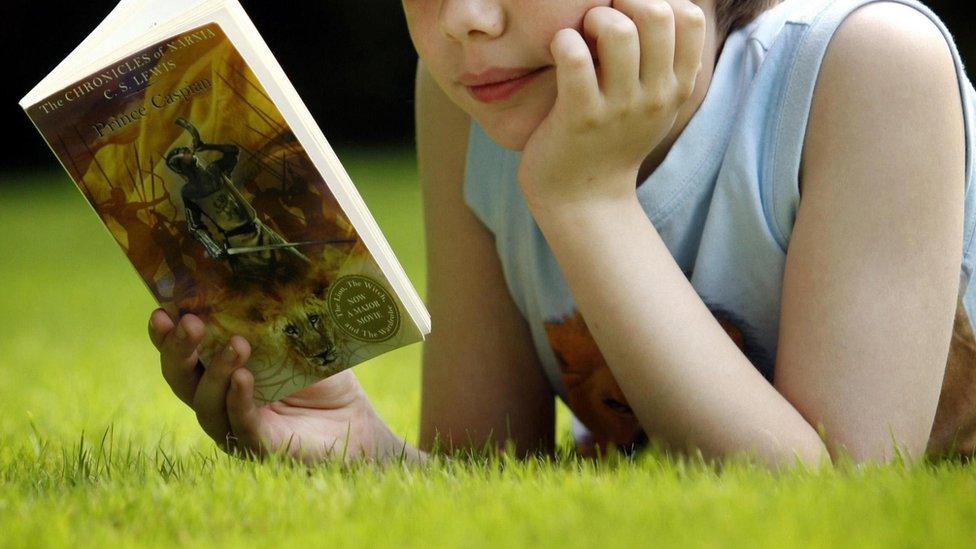
Many teachers blame the problem on youngsters not reading enough for pleasure
Monosyllabic adolescents may be nothing new, but the latest research suggests a big chunk of them do not know enough words to do well at school.
According to academics, four out of 10 pupils in their first year of secondary school have such a limited vocabulary that it is affecting their learning.
Many teachers from the 800 secondaries involved in the Oxford University Press research say the problem is worsening.
They blame the "word gap" on too little reading for pleasure.
- Published13 April 2018
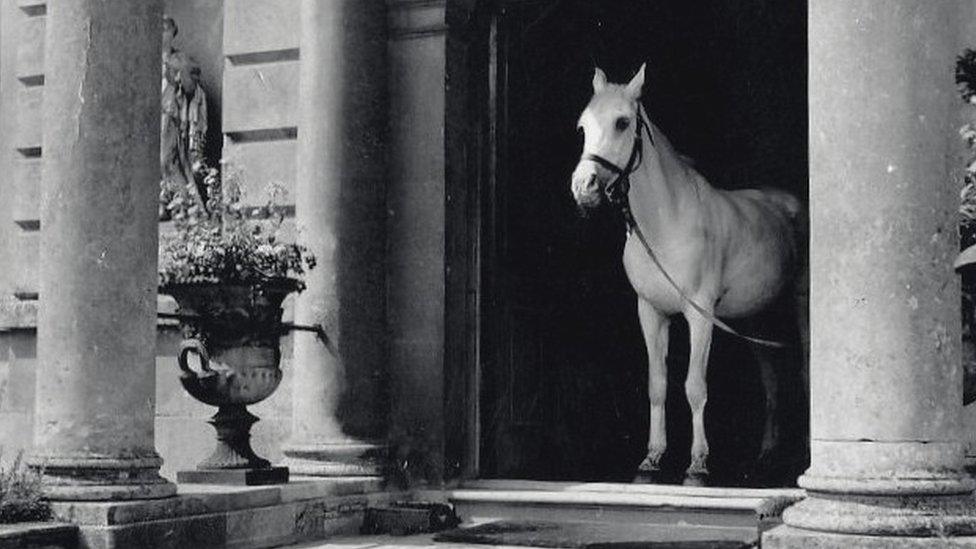
- Published6 April 2018
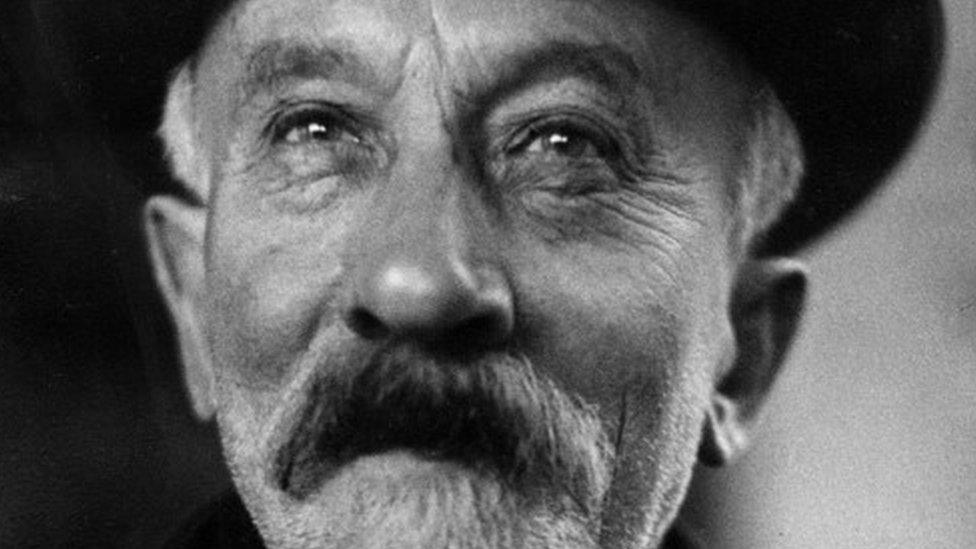
- Published29 March 2018
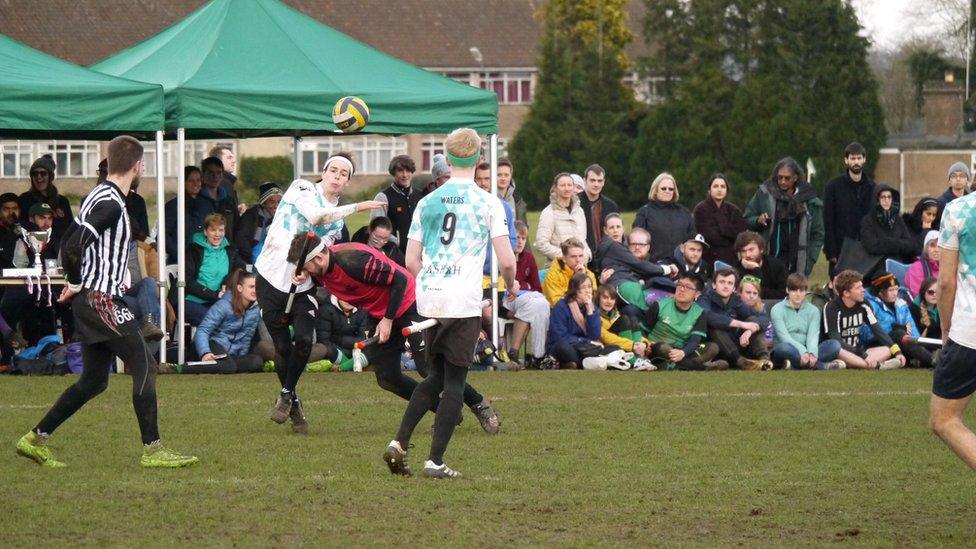
- Published16 March 2018

- Published9 March 2018

- Published2 March 2018
